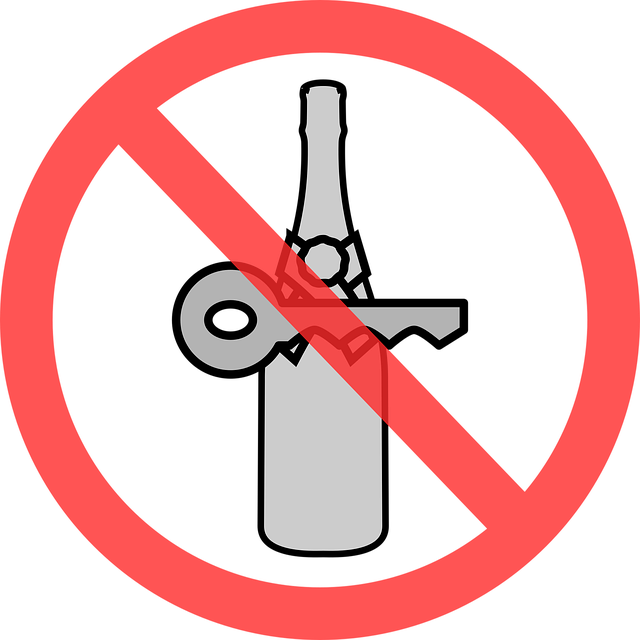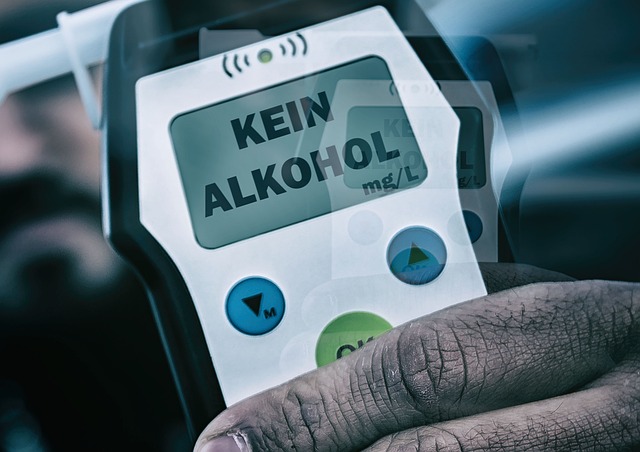Tourists facing DUI abroad need specialized legal help to navigate varying global laws and mitigate harsh penalties. Understanding local BAC limits, field sobriety tests, and cultural norms is crucial. Engaging local legal experts ensures fair treatment, challenges evidence, and protects rights in foreign jurisdictions, emphasizing the importance of DUI Defense for Tourists.
“Global Perspectives on Impaired Driving: Navigating Complex DUI Laws for Tourists. Across borders, driving under the influence (DUI) laws vary widely, posing significant challenges for international travelers. This article explores the intricate web of global DUI regulations and offers insights into understanding foreign driving statutes. We delve into cultural disparities in perception, dispel common misconceptions about international DUI defense, and outline the rights of tourists accused abroad. Additionally, it provides strategies for effective DUI defense tailored for non-resident drivers.”
- Understanding Global DUI Laws and Regulations
- Challenges for Tourists: Navigating Foreign Driving Statutes
- Cultural Differences in Impaired Driving Perception
- Common Misconceptions About International DUI Defense
- Rights of Tourists Accused of DUI Abroad
- Strategies for Effective DUI Defense for Non-Residents
Understanding Global DUI Laws and Regulations

Navigating global perspectives on impaired driving requires a deep understanding of varying DUI laws and regulations. International travel often exposes tourists to unique legal landscapes, where standards and penalties differ significantly from their home countries. For instance, some nations have stricter blood alcohol limits (BAL), while others may employ different grading systems for DUI offenses.
When facing DUI charges abroad, tourists can benefit from seeking expert legal counsel specializing in international DUI defense. These professionals can demystify local laws, ensuring clients understand the potential consequences and their rights. A strong DUI defense strategy tailored to global contexts can protect individuals from overly harsh penalties and promote fair treatment within a foreign legal system.
Challenges for Tourists: Navigating Foreign Driving Statutes

Tourists visiting foreign countries often face unique challenges when it comes to navigating local driving laws and regulations, which can significantly impact their travel experience. One of the primary concerns for international travelers is understanding and adhering to the rules of the road, especially regarding impaired driving (DUI). Every country has its own set of legal definitions, penalties, and procedures related to DUI offenses, making it difficult for tourists to stay informed and avoid potential legal pitfalls.
When traveling abroad, tourists must be proactive in familiarizing themselves with the local driving statutes. This involves researching and understanding blood alcohol concentration (BAC) limits, field sobriety tests, and the specific procedures for handling DUI stops and arrests. Engaging a local legal expert or using reputable resources to check for any updates on driving laws before and during the trip can help mitigate risks. By taking these proactive measures, tourists can ensure they remain within the legal boundaries, avoid costly fines, or even potential imprisonment, and enjoy their travel experience without unnecessary stress.
Cultural Differences in Impaired Driving Perception

Cultural differences play a significant role in shaping perceptions around impaired driving, which can have profound implications for tourists facing DUI charges abroad. What is considered acceptable behavior in one culture may be viewed as reckless or even criminal in another. For instance, some cultures have lower thresholds for alcohol consumption and driving, while others strictly enforce zero-tolerance policies.
Tourists visiting countries with different cultural norms and legal systems often find themselves ill-prepared for the stringent DUI laws that may exist. A behavior that is not considered impaired in their home country could be interpreted as such in a foreign land, leading to severe penalties. Understanding these cultural nuances is crucial for anyone traveling internationally, especially those facing DUI defense for tourists. It underscores the need for robust legal representation knowledgeable about global perspectives on impaired driving.
Common Misconceptions About International DUI Defense

Many tourists traveling internationally hold misconceptions about what constitutes drunk driving and its penalties, especially regarding DUI defense for tourists. One common misunderstanding is that the laws and defenses are similar across borders. However, global perspectives on impaired driving vary significantly, leading to unique legal challenges for visiting drivers. What might be considered a reasonable defense in one country could be viewed as an offense in another.
Another misconception is that tourists receive less leniency or have fewer rights when facing DUI charges abroad. In reality, understanding the local laws and leveraging appropriate defenses are crucial for effective DUI defense for tourists. It’s essential to consult legal experts familiar with cross-border driving regulations to navigate these complexities successfully.
Rights of Tourists Accused of DUI Abroad

When tourists find themselves accused of impaired driving while abroad, they face a complex web of legal challenges unique to each country’s jurisdiction. Unlike in their home countries, where they enjoy certain rights and protections, foreign laws regarding DUI can be vastly different and often more stringent. This presents a significant challenge for visitors who may not be aware of local regulations or face communication barriers.
A strong DUI defense for tourists relies on understanding these nuances and leveraging specific rights available under international law. Access to legal counsel familiar with cross-border jurisprudence is crucial, as they can navigate the local justice system and protect the accused’s rights. This includes ensuring due process, challenging admissible evidence, and exploring potential cultural or language misunderstandings that may have contributed to the allegation.
Strategies for Effective DUI Defense for Non-Residents

For non-residents facing DUI charges abroad, navigating a foreign legal system can be daunting. A strong DUI defense strategy is essential to ensure a fair outcome. One key approach is to hire a local attorney specializing in DUI cases. This expert can provide invaluable insights into the specific laws and procedures of the country or region where the incident occurred. They will be familiar with any cultural nuances that may impact the case, ensuring a nuanced defense.
Additionally, tourists should focus on documenting evidence and preserving potential alibi information. Keeping detailed records of their whereabouts and activities before and during the arrest can help build a solid defense. It’s also crucial to understand the legal rights specific to non-residents in that jurisdiction, as these may differ from those in their home country. Promptly seeking legal counsel allows for a thorough review of the case, potential challenges to evidence, and a well-prepared argument in court.
Global Perspectives on Impaired Driving presents a complex web of regulations and cultural nuances that can challenge tourists. Navigating foreign driving statutes, understanding differing perceptions, and dispelling common misconceptions are crucial steps for anyone facing DUI charges abroad. Knowing your rights and employing effective strategies tailored to non-resident defenses are essential tools in protecting yourself during this challenging time. For those seeking a robust DUI defense for tourists, exploring these aspects can make all the difference.






